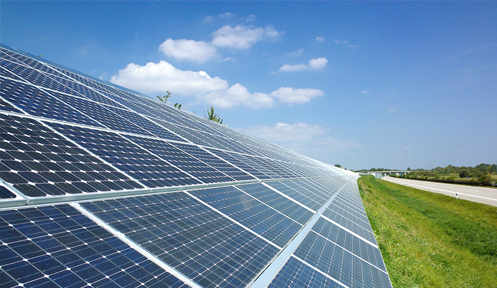As the world moves towards renewable energy sources, more and more homeowners are considering the installation of solar panels. But before investing in this technology, it’s important to know whether your house is suitable for solar panels. In this article, we’ll explore the key factors that determine whether your home is a good candidate for solar power.
Orientation and Shading
One of the most important factors to consider when assessing the suitability of your home for solar panels is the orientation of your roof. In general, the best orientation for solar panels is a south-facing roof, as this will receive the most sunlight throughout the day. East and west-facing roofs are also acceptable, but they will produce slightly less energy overall.
Another important factor to consider is shading. If your roof is heavily shaded by trees, buildings or other obstructions, this will reduce the amount of sunlight your panels can absorb. A solar installer can conduct a shading analysis to determine whether your roof is suitable for solar panels.
Roof Condition
Before installing solar panels, it’s important to assess the condition of your roof. Solar panels typically last for 25-30 years, so you’ll want to ensure that your roof has a similar lifespan. If your roof is in poor condition or nearing the end of its lifespan, you may need to replace it before installing solar panels.
Energy Consumption
Another key factor to consider when assessing the suitability of your home for solar panels is your energy consumption. If you use a lot of electricity, you’ll need more solar panels to meet your energy needs. On the other hand, if you use very little electricity, you may be able to generate more energy than you need and sell the excess back to the grid.
Local Regulations
It’s important to consider local regulations when assessing the suitability of your home for solar panels. Some areas have restrictions on the size or placement of solar panels, or may require permits before installation can begin. A solar installer can help you navigate these regulations and ensure that your installation is compliant.
In summary, there are several factors to consider when assessing the suitability of your home for solar panels. These include orientation and shading, roof condition, energy consumption, and local regulations. If you’re considering installing solar panels, it’s important to consult with a qualified solar installer to determine whether your home is a good candidate for this technology. With the right installation, you can save money on your energy bills and reduce your carbon footprint.
